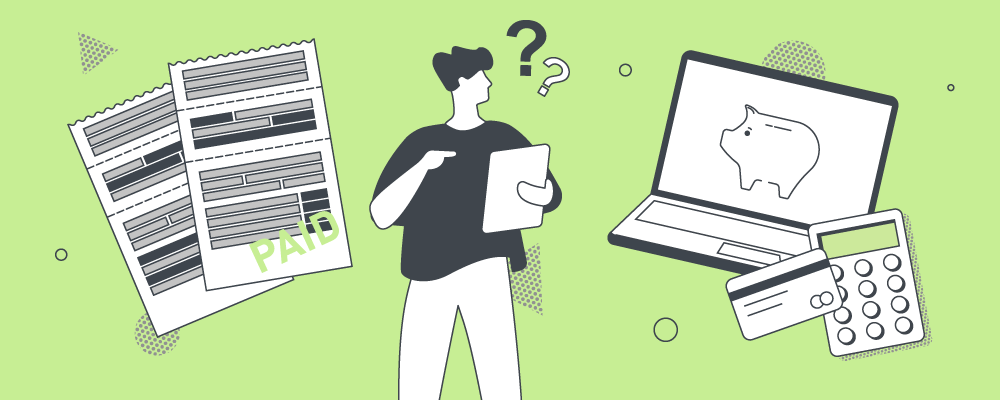
1. Work out what you can afford
The most important step is working out how much you can afford to pay each month. Don’t think of it as how much you could borrow, but how much you should borrow. Mortgage providers will look at your income and outgoings in order to decide whether you’ll be able to keep up with repayments if interest rates rise or your circumstances change.To work out your budget, start with your financial commitments, like any credit card or loan payments.
Then, add your monthly costs like council tax, energy bills, phone and the internet. Finally, factor in your food, entertainment and travel expenses. You can use the mortgage affordability calculator from the Money Advice Service to help you do the sums. When buying a new-build, a NHMA will be able to provide advice along the way and ensure you make the right choices for your situation.
2. Decide what type of mortgage you want
Before you can check out the deals, you need to know what size and what type of mortgage is right for you. With your deposit, what loan-to-value (LTV)^ bracket are you in? Do you want a repayment mortgage or an interest-only mortgage? Do you want a fixed-rate or a variable-rate mortgage? Taking everything into account, how long do you want your mortgage to be?
^Loan-to-value is the ratio between a property value and the required mortgage, with higher ratios being riskier for the mortgage lender, hence the higher interest rates
3. Shop around using comparison websites
The Money Advice Service recommends Moneyfacts and Money Saving Expert. They will give you a benchmark figure as to what you can afford before you go and seek advice from an adviser such as London & Country Mortgages.
When doing your online searches, this is the key information you should be looking for:
- Buyer type (e.g. first-time buyer/moving home/remortgage)
- Mortgage type (e.g. fixed or variable/tracker/discount)
- Initial fixed deal length (e.g. two-years fixed rate mortgage)
- Interest rate (e.g. 1.99%)
- Fees (e.g. what arrangement, booking and valuation fees apply)
- Monthly payment
Keep in mind that different comparison websites will provide different results, so be sure to use more than one site to draw up your shortlist. Again, a NHMA will provide all of the assistance you require. This help is priceless during a period when you’ll need to learn plenty of new things relating to the buying process.
4. Speak to an adviser, bank or building society
To get an early idea of what you could borrow, you should talk to a mortgage adviser. This is always a good idea as they will assess your financial situation and provide advice using their knowledge of the whole market. You could also speak to your bank or building society. They’ll talk you through their mortgages – but remember, they can only recommend from their own limited range. There’s a wide market of other alternatives out there, so keep looking and seeking advice until you find the best deal for you.
5. Always seek advice from a broker who can offer advice from across the market
Once you’ve found a decent rate, it’s worth checking if a mortgage broker can beat it. Some are fee free, while all will look at a wide range of products from across the whole of the market to help you find you a good deal for your situation. They can also help you work out what you can afford. They can even complete the paperwork so your application should be dealt with faster.
Brokers are especially useful because they’re familiar with mortgage providers’ lending criteria. For example, different lenders require varying levels of minimum deposit. They should be able to recommend a product that is best suited to your financial circumstances.
To find out more about getting advice, including how to choose a trustworthy adviser and what fees you can expect to pay, visit Mortgage Advice – Should you get a mortgage adviser?
Are you a first-time buyer looking to own your first home? Are you a current homeowner who wants to upgrade to a new build? Barratt Homes have a range of quality, family homes, designed to suit your needs in a variety of fantastic parts of the UK, including Kent, Yorkshire & the West Midlands. Search now!
And don’t forget that, whether you’re a first-time or existing buyer, we have a wide range of offers to help you make your next move.
See Our Help to Sell Schemes >
See Our Own New Rate Reducer >
Think carefully before securing other debts against your home. Your home or property may be repossessed if you do not keep up repayments on your mortgage.The content of this article is not tailored to your individual circumstances and therefore should not be taken as financial advice.


